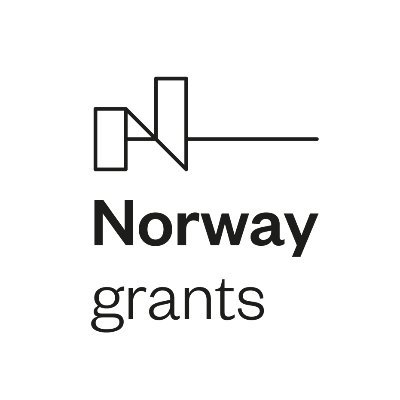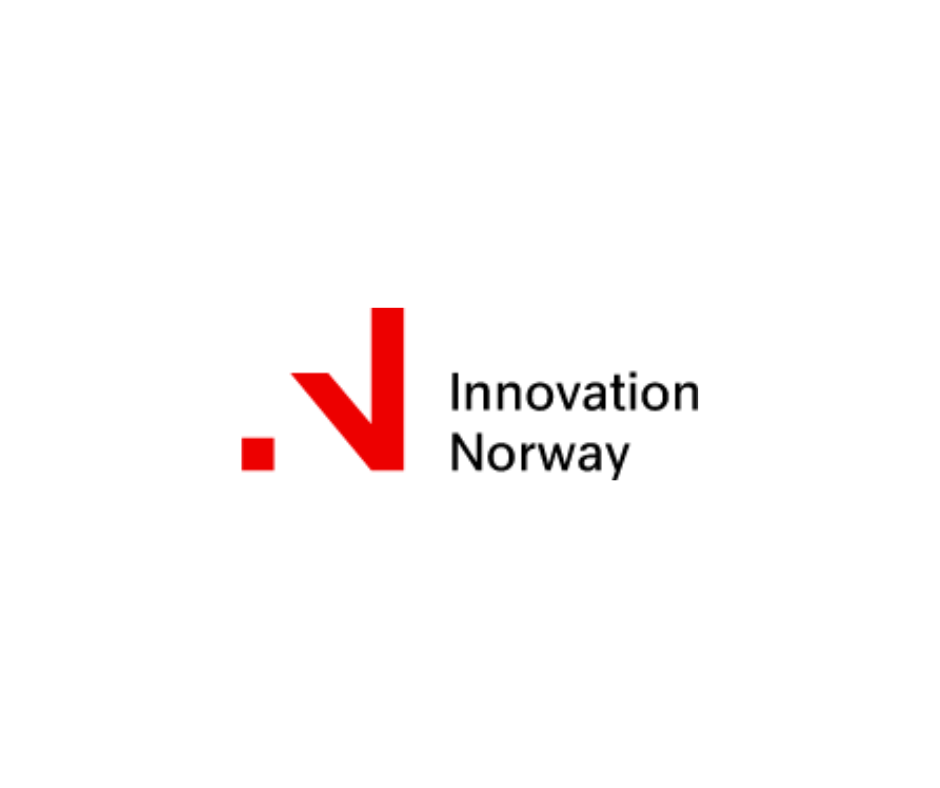Social dialogue TOOLKIT for decent work of migrants and refugees in Poland
Today Poland is dealing with an unprecedented inflow of migrants and refugees. Within less than a month after the outbreak of the war in Ukraine on 24th February 2022, the border with Poland was crossed by over 2 million refugees from that state, who, pursuant to the Act of 12 March 2022 on assistance to citizens of Ukraine due to a military conflict in the territory of this state (Journal of Laws 2022 item 583), obtained access to the labour market. However, immigration and refugee status have not been an important subject of public debate in Poland until recently. Policies concerning this phenomenon rarely became a subject of discussion among labour market participants due to the relatively small share of migrants in the Polish labour market until 2014. Thus, the inclusion of migration-related topics in social dialogue is a relatively new phenomenon. It results, on the one hand, from the constantly increasing presence of foreign employees on the Polish labour market and, on the other hand, from the growing demand of employers for their work.
Now we know that, although the growing number of foreign employees on the Polish labour market involves many advantages, the conditions in which some of them work in Poland are not always good. An in-depth discussion on this issue within the scope of social dialogue may prove useful because we believe that the co-operation between social partners is one of the activities that may contribute to ensuring decent work to migrants arriving in Poland. And even if the social dialogue institution has no formal competence with regard to the introduction of certain activities related to migration policy, social dialogue parties and institutions have the adequate tools to initiate relevant discussions or influence the government’s proposals.
This was the problem on which the project MIGRIGHT: Improving social dialogue for decent work of migrants and refugees in Poland focused. Its ambition was to motivate social partners even more strongly to participate in tripartite and bipartite dialogue in Poland – also through the transfer of good practices from Norway, because it is an example of a state with a richer tradition of social dialogue. Social dialogue toolkit for decent work of migrants and refugees in Poland serves as a summary of what has been elaborated during the project. This publication is intended to contribute to the development of a discussion in Poland on the further promotion of social dialogue and the outcomes we want to achieve through this, particularly in the context of the situation of migrants on the labour market.
As an introduction to the topic, Chapter I deals with basic concepts related to social dialogue. It describes social dialogue institutions, the main legal acts regulating this dialogue in Poland, its principles and forms. The starting point for further considerations is a discussion contained in the last section of the chapter, which focuses on the limitations and barriers of effective social dialogue.
During consultation and expert meetings held under the MIGRIGHT project, a few specific problem areas regarding the decent work of migrants emerged. They refer to bureaucratic and lengthy procedures for the legalisation of stay and work, the illegal entrustment and performance of work, forced labour, violations of primary workers’ rights and the integration of migrants and refugees on the Polish labour market. These issues are discussed in Chapter II, which deals not only with their specific characteristics, but also possibilities of social dialogue.
Chapter III presents selected good practices applied in Norway with regard to the co-operation of social partners for the purpose of ensuring decent working conditions to migrants and refugees. We start with a short description of social dialogue in Norway and then discuss four case studies, each of which presents an outline of the problem, its solution and evaluation of the results of implementation.
The Toolkit ends with a set of four main recommendations for the reinforcement of social dialogue in Poland, the aim of which is to ensure decent working conditions to migrants and refugees. The last chapter also presents detailed proposals referring directly to problem areas covered by Chapter II.
The contents of this publication are primarily a fruit of co-operation between partners engaged in the project. They are also based on consultations with experts and on opinions expressed by project participants during three consultation and expert meetings, four workshops and a study visit. The Toolkit would not have been created without their active engagement in activities carried out under the project.
[from the Introduction]
The project MIGRIGHT: Improving social dialogue for decent work of migrants and refugees in Poland was carried out by the Federation of Polish Entrepreneurs (FPP) as the project leader, the All-Poland Alliance of Trade Unions (OPZZ), Center for Social and Economic Research (CASE) and the Confederation of Norwegian Enterprise (NHO) in 2020–2022. Its objective was to raise the capacity of social partners in Poland to participate in both tripartite and bipartite dialogue through the transfer of best practices and training regarding fostering migrant and refugee workers’ rights and ensuring decent working conditions for these groups of workers.
The project was supported by Norway through the Norway Grants (2014–2021) under the Social Dialogue – Decent Work programme.


